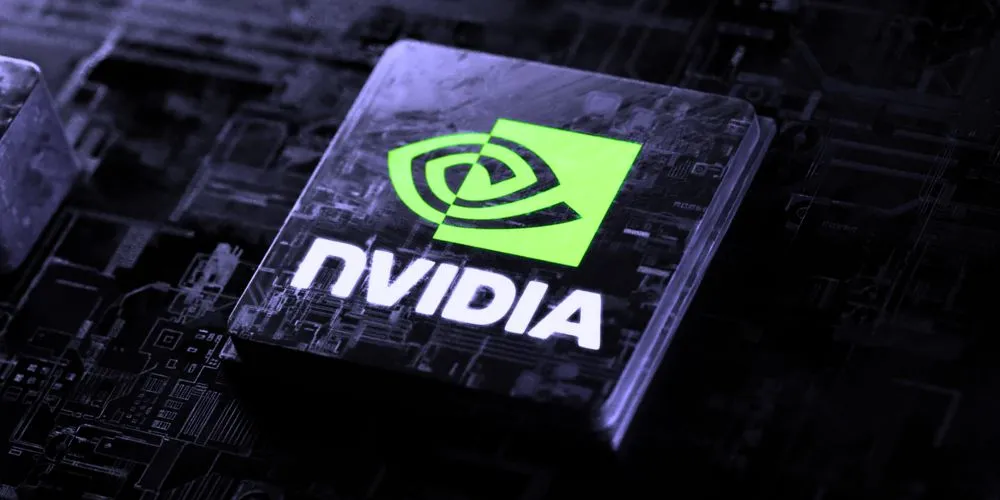Key Points
- Nvidia projects slowest revenue growth in seven quarters, prompting stock dip.
- A production flaw in Blackwell required costly corrections, delaying timelines. Demand for Nvidia’s AI chips continues to outpace supply.
- Gross margins are expected to decline temporarily during production ramp-up.
- Analysts and executives remain confident in Nvidia’s long-term growth amid robust AI demand.
Nvidia’s revenue forecast has raised concerns on Wall Street about a potential slowdown in the artificial intelligence (AI) boom. However, Nvidia executives and industry analysts assert that the demand for the company’s advanced chips remains exceptionally strong. Despite this, the company faces significant production challenges that have impacted its growth trajectory.
On Wednesday, Nvidia projected its slowest revenue growth in seven quarters, causing its stock to dip 2.5% in after-hours trading. The company attributed the slowdown to supply chain constraints, expected to persist for several quarters into fiscal 2026. Taiwan Semiconductor Manufacturing Co. (TSMC), Nvidia’s chipmaking partner, is working to address capacity limitations, but advanced packaging techniques required for Nvidia’s new flagship chip, Blackwell, remain a bottleneck.
The Blackwell chip introduces a sophisticated manufacturing process involving multiple components assembled through advanced packaging. While this method boosts chip capabilities, it has also added complexity to production. TSMC is expanding its capacity, but challenges in packaging continue to slow output.
In addition to supply chain issues, a design flaw in the Blackwell chip over the summer forced Nvidia to implement a costly “mask change.” While resolving the flaw, this adjustment reduced chip yields and delayed production timelines. Manufacturing complex chips like Blackwell involves hundreds of precise steps, including ultraviolet light photolithography. The mask change disrupted these intricate processes, further exacerbating delays.
Nvidia’s CEO, Jensen Huang, acknowledged the challenges but emphasized that the company is in the early stages of a large-scale production ramp-up. Despite these hurdles, Nvidia has shipped approximately 13,000 samples of Blackwell chips and expects to exceed its sales estimates for the quarter, reaching several billion dollars.
The increased production activity has placed short-term pressure on Nvidia’s gross margins, which are projected to decline to the low 70% range until manufacturing issues are resolved. Analysts remain optimistic about the company’s long-term prospects, citing strong demand for AI systems that rely on Nvidia’s superior chips.
Portfolio manager Hendi Susanto of Gabelli Funds expressed confidence in Nvidia’s market position, noting that demand for its products is “absolutely and exceptionally strong” and likely to remain so for the foreseeable future.



